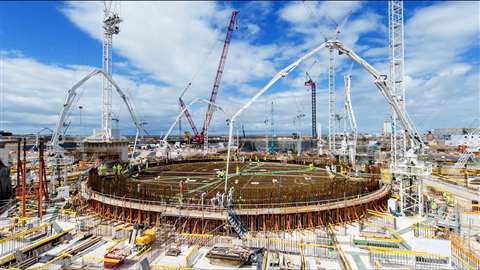New research examines why megaprojects fail
17 February 2020

Academics have studied the causes of mega projects that come in significantly over time and budget and have found that, while it is not possible to identify one factor leading to failure, there are six key factors.
The study, published in Project Management Journal, listed the six key factors as: decision-making behaviour; strategy, governance and procurement; risk and uncertainty; leadership and capable teams; stakeholder engagement and management; supply chain integration and coordination.
For the purpose of the study mega projects were defined as those at a cost of over US$1 billion.
Lead researcher Dr Juliano Denicol, UCL School of Construction & Project Management, said, “Considering the importance of megaprojects to the global economy, we aimed to deepen and extend our understanding of the causes and cures of poor megaproject performance.
“We have emphasised the solutions rather than problems, in an attempt to shape the academic conversation to a more positive discourse and connect with the needs of senior managers delivering megaprojects.”
Academics analysed over 6,000 academic summaries and filtered these down to 86 papers which were fully analysed.
The findings were presented, assessed and verified in two workshops involving academics and senior practitioners from UK megaprojects including Crossrail, Thames Tideway Tunnel, High Speed Two and Hinkley Point C.
The team has set a research agenda and proposed five future avenues to advance the successful delivery of megaprojects. These are: Designing the system architecture; bridging the gap with manufacturing; building and leading collaborations; engaging institutions and communities; decomposing and integrating the supply chain.


